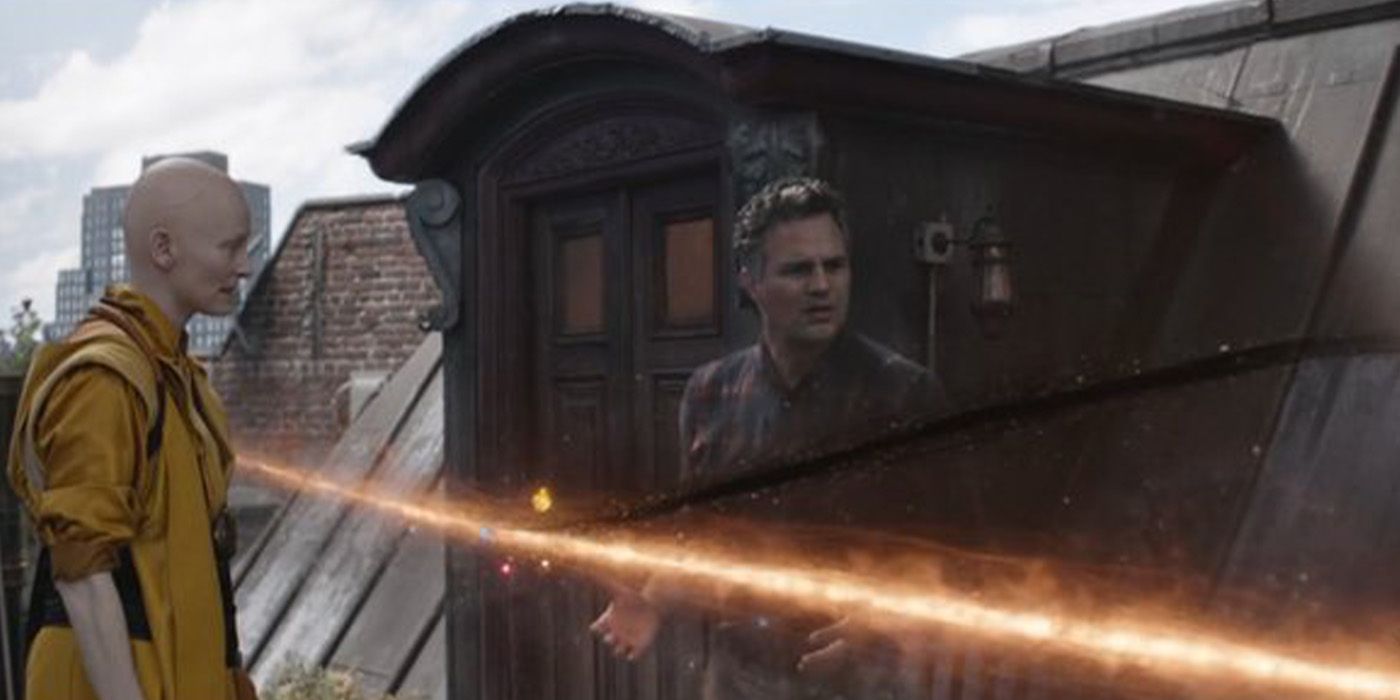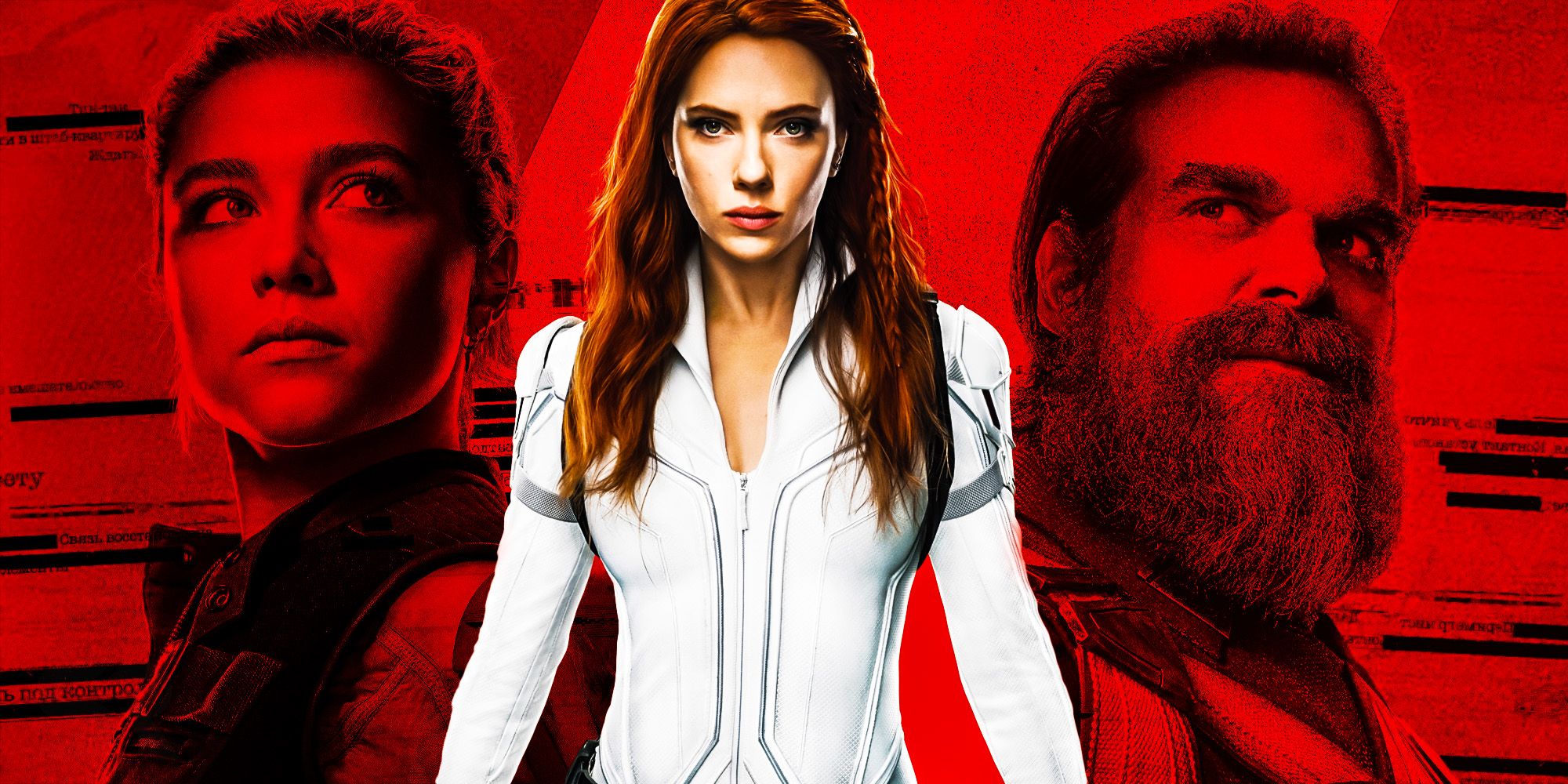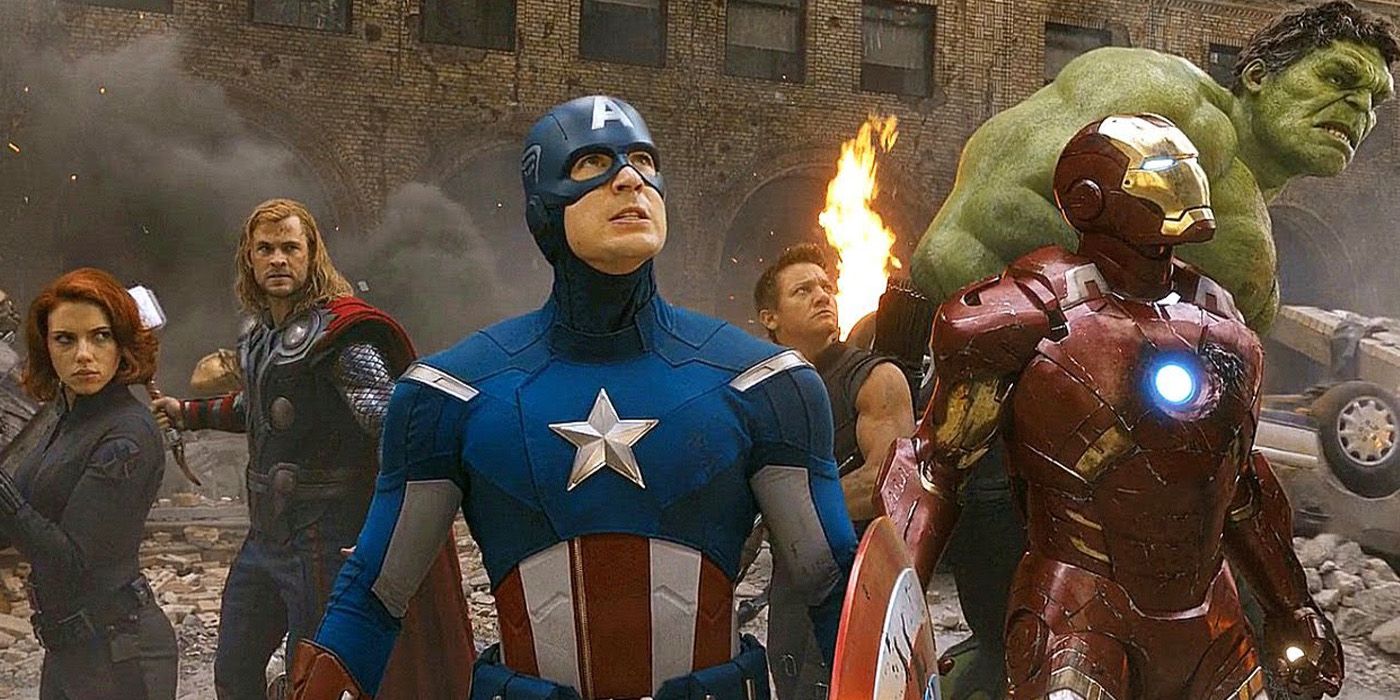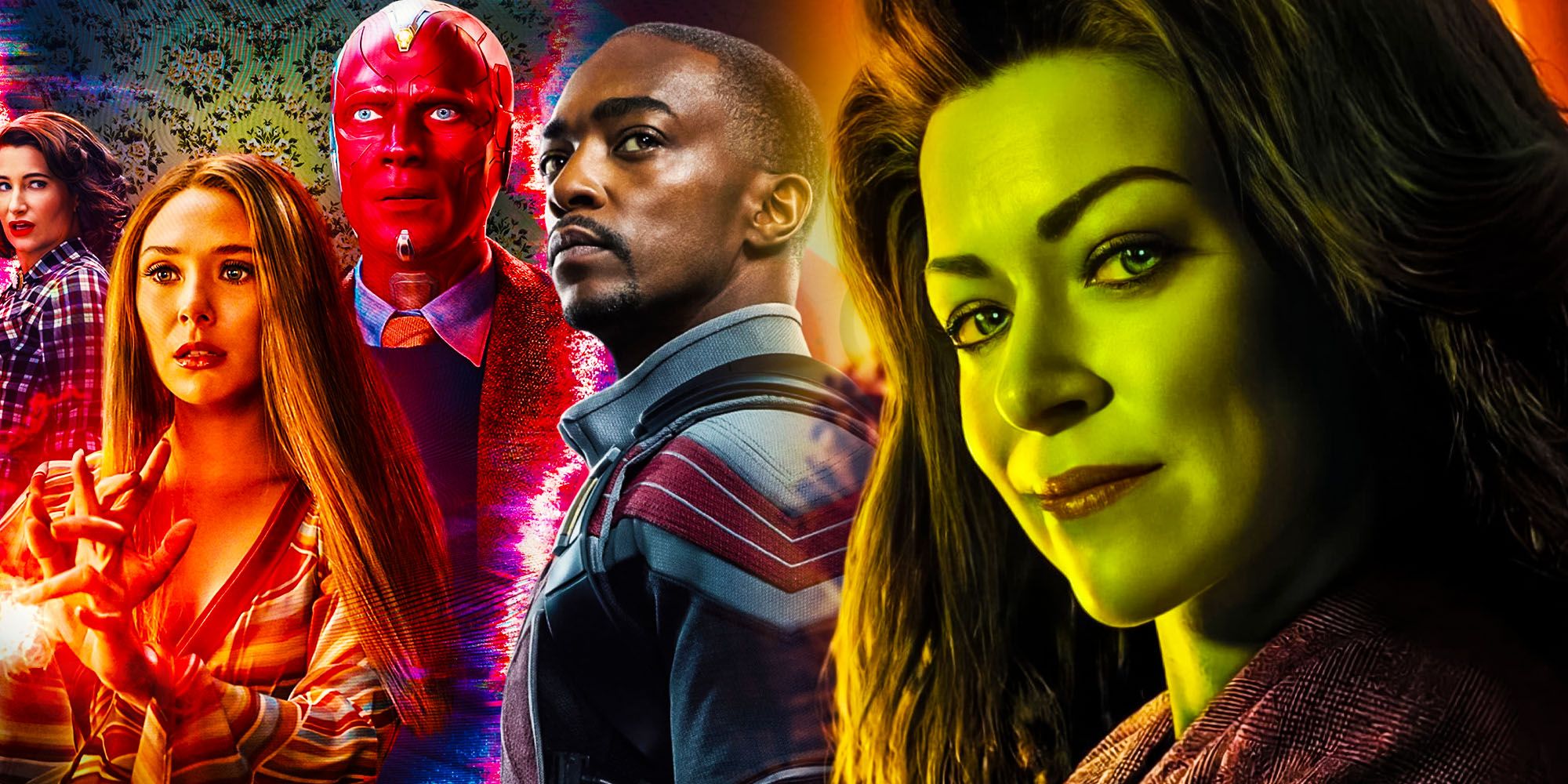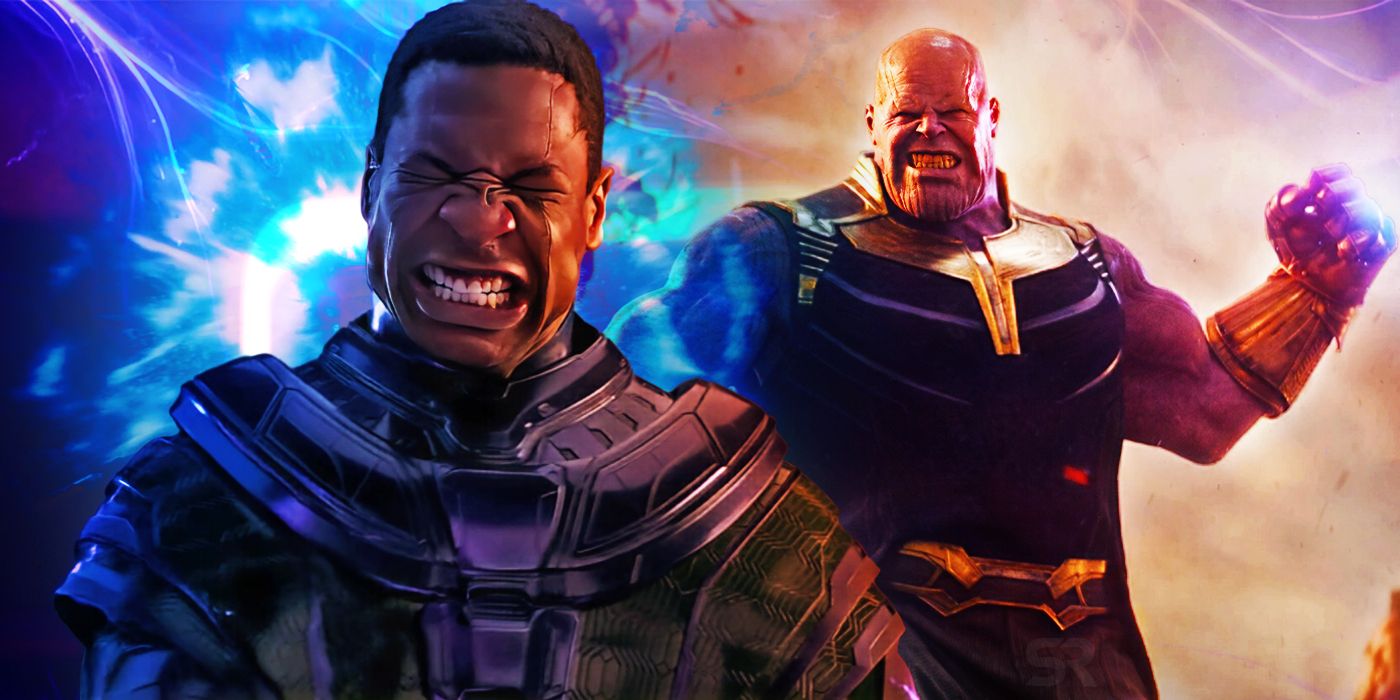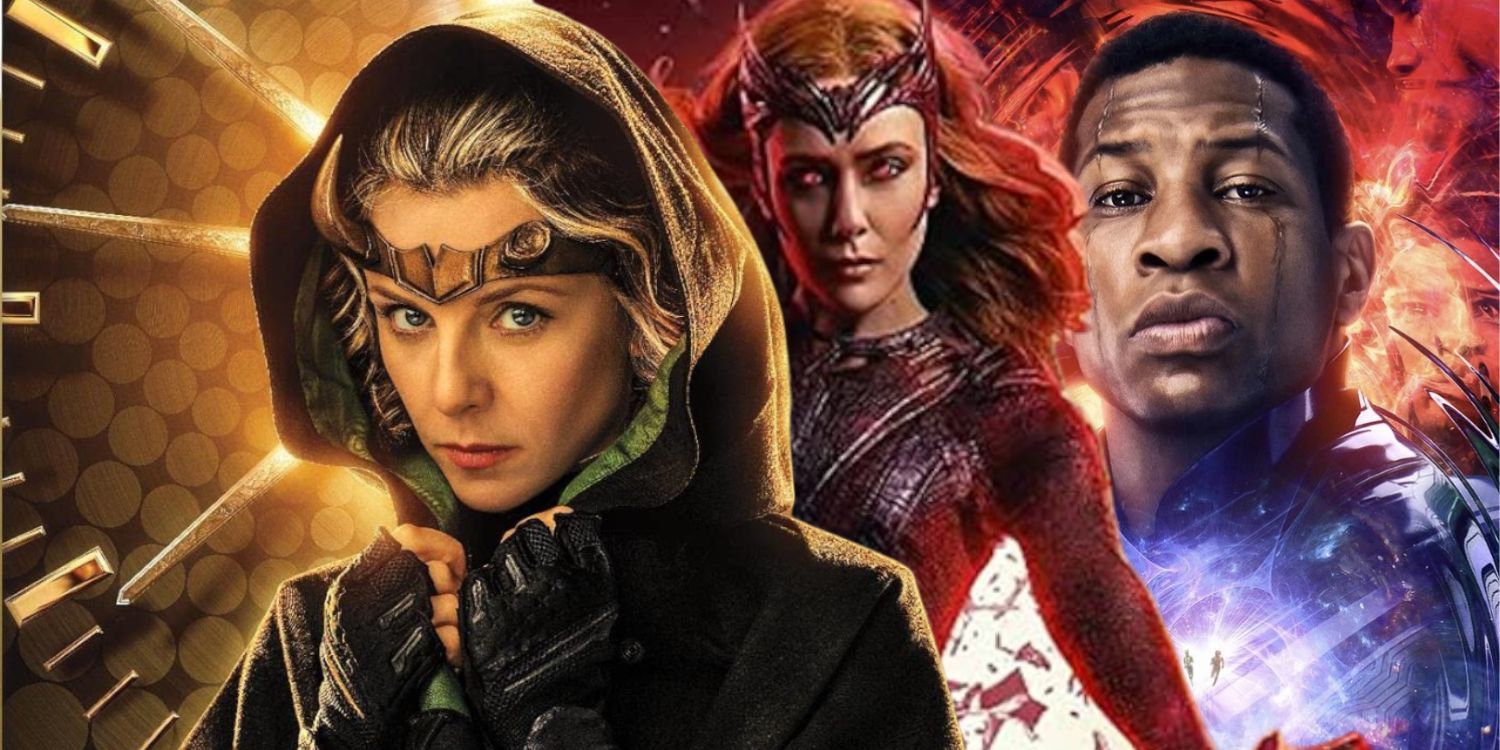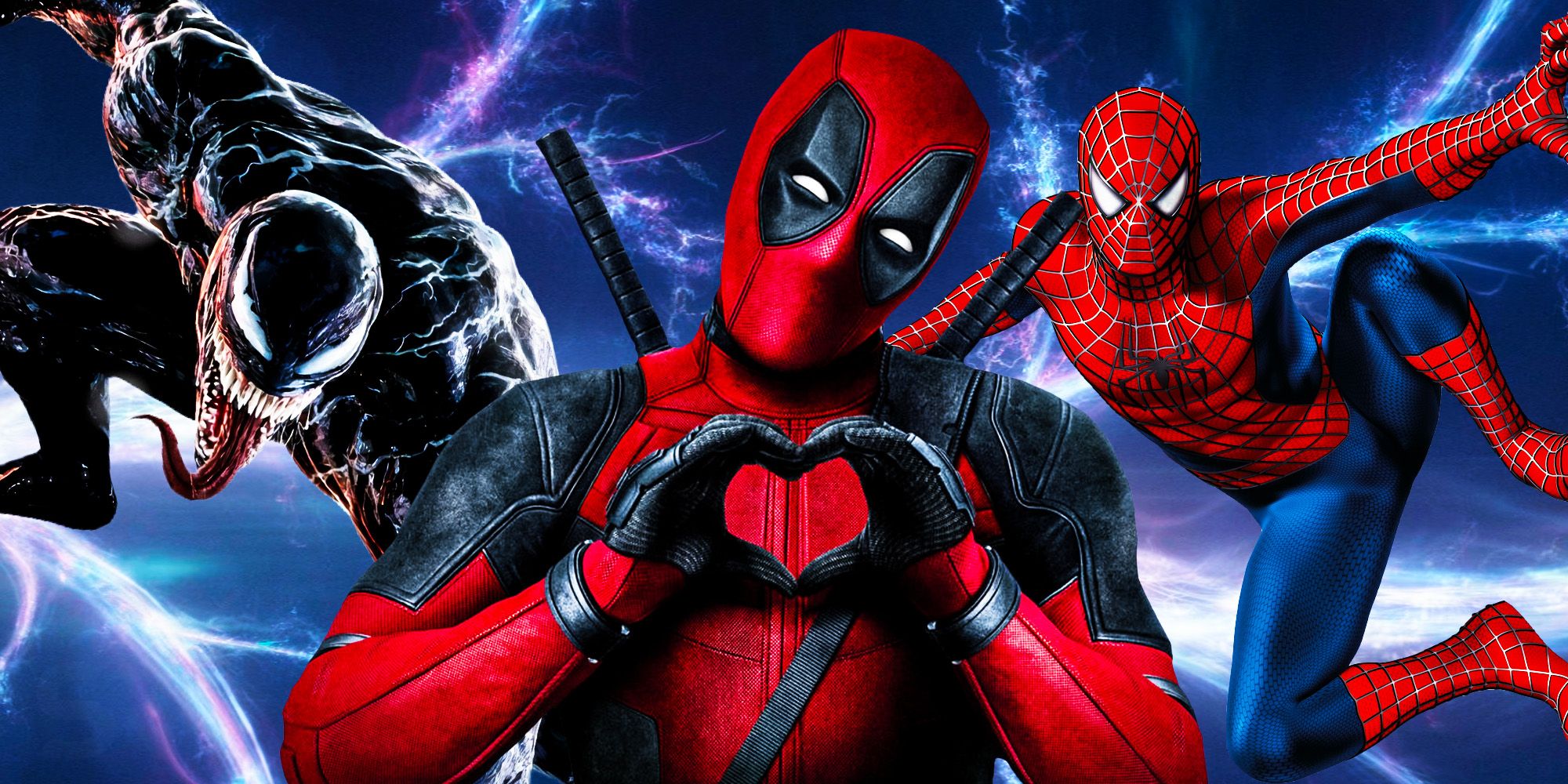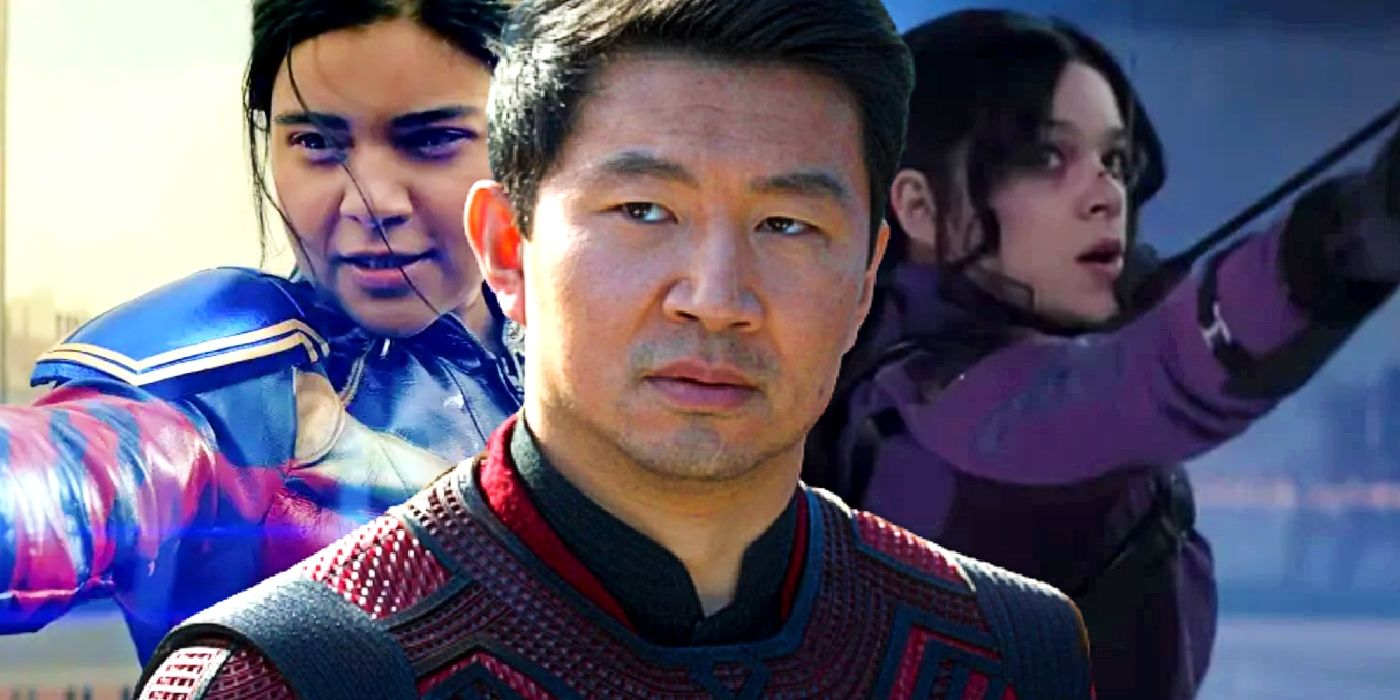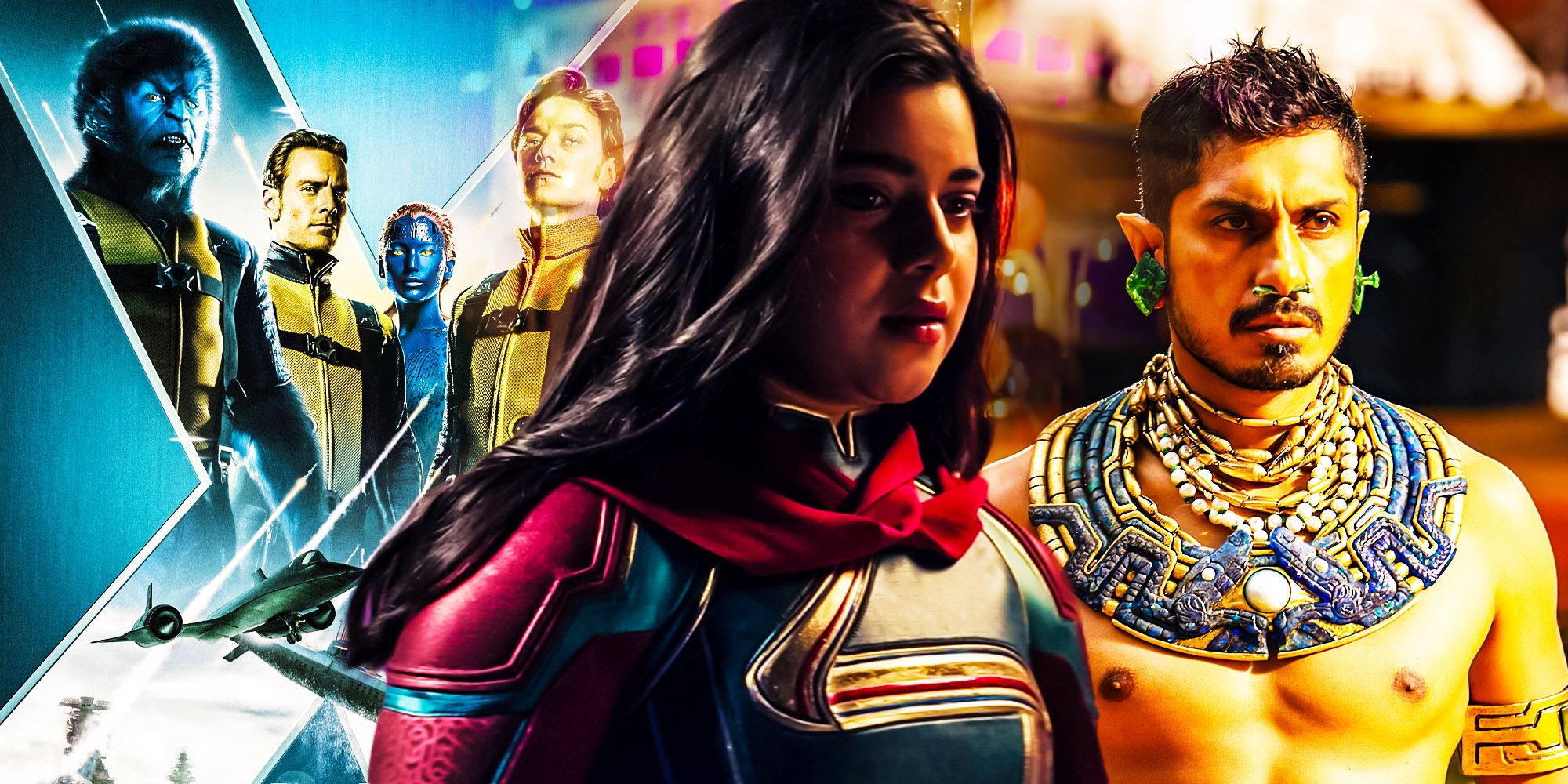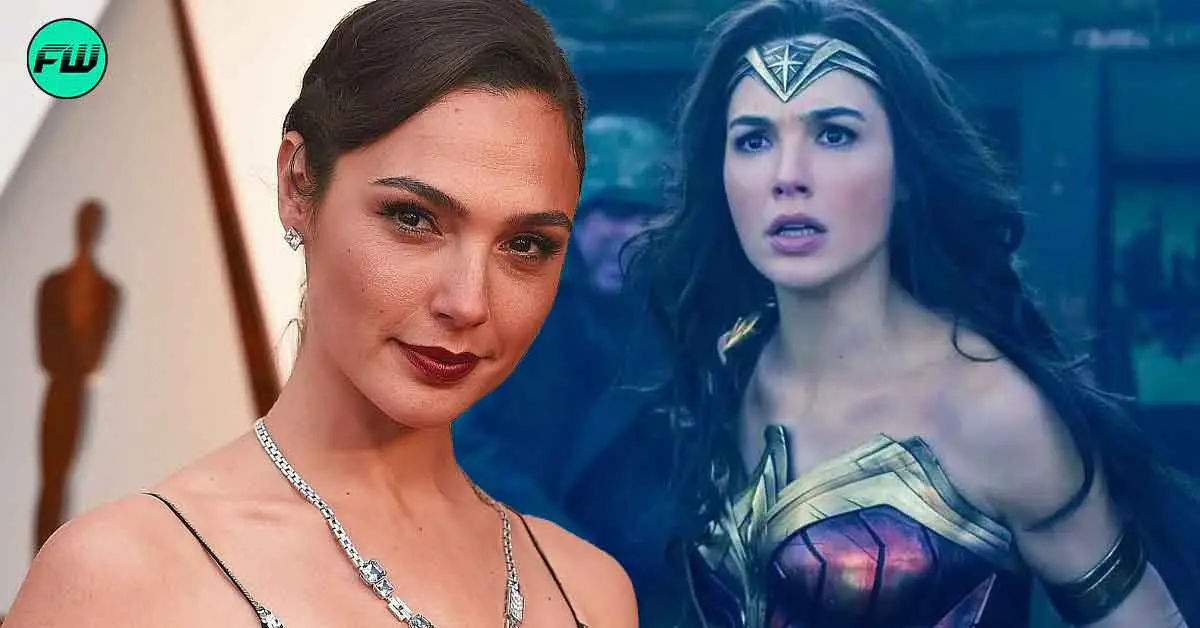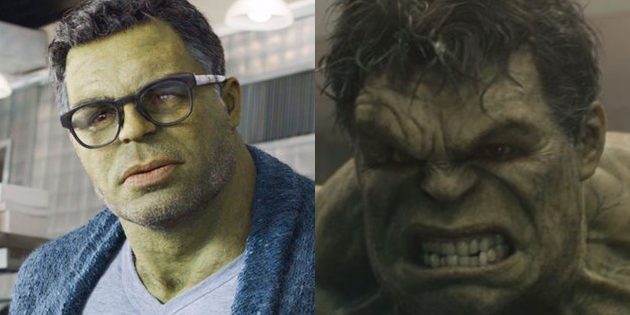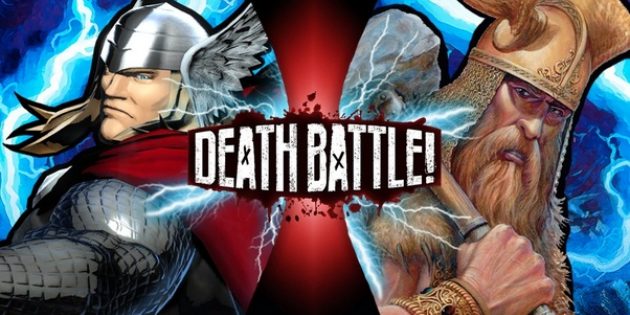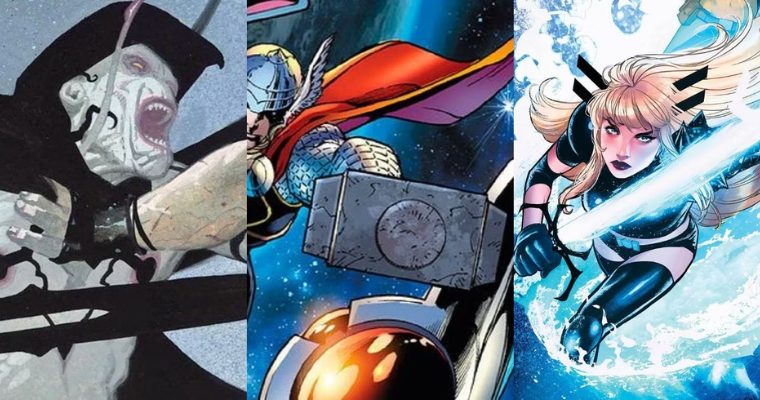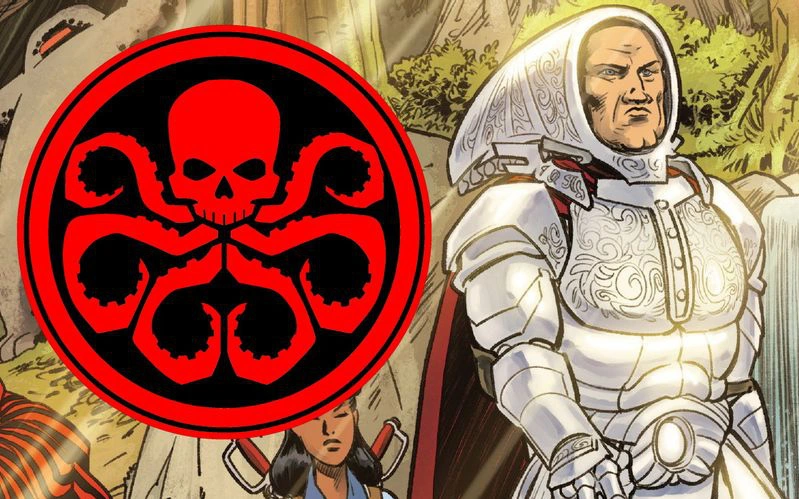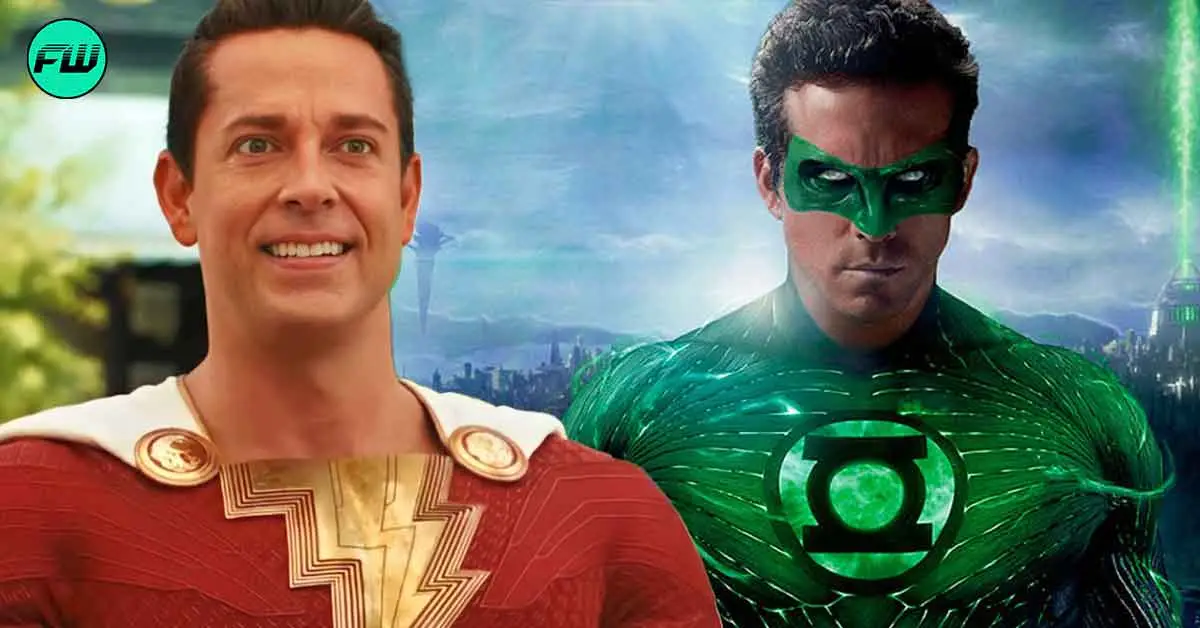It has been four years since Avengers: Endgame was released, and these are the biggest MCU changes to come to the franchise during that time.
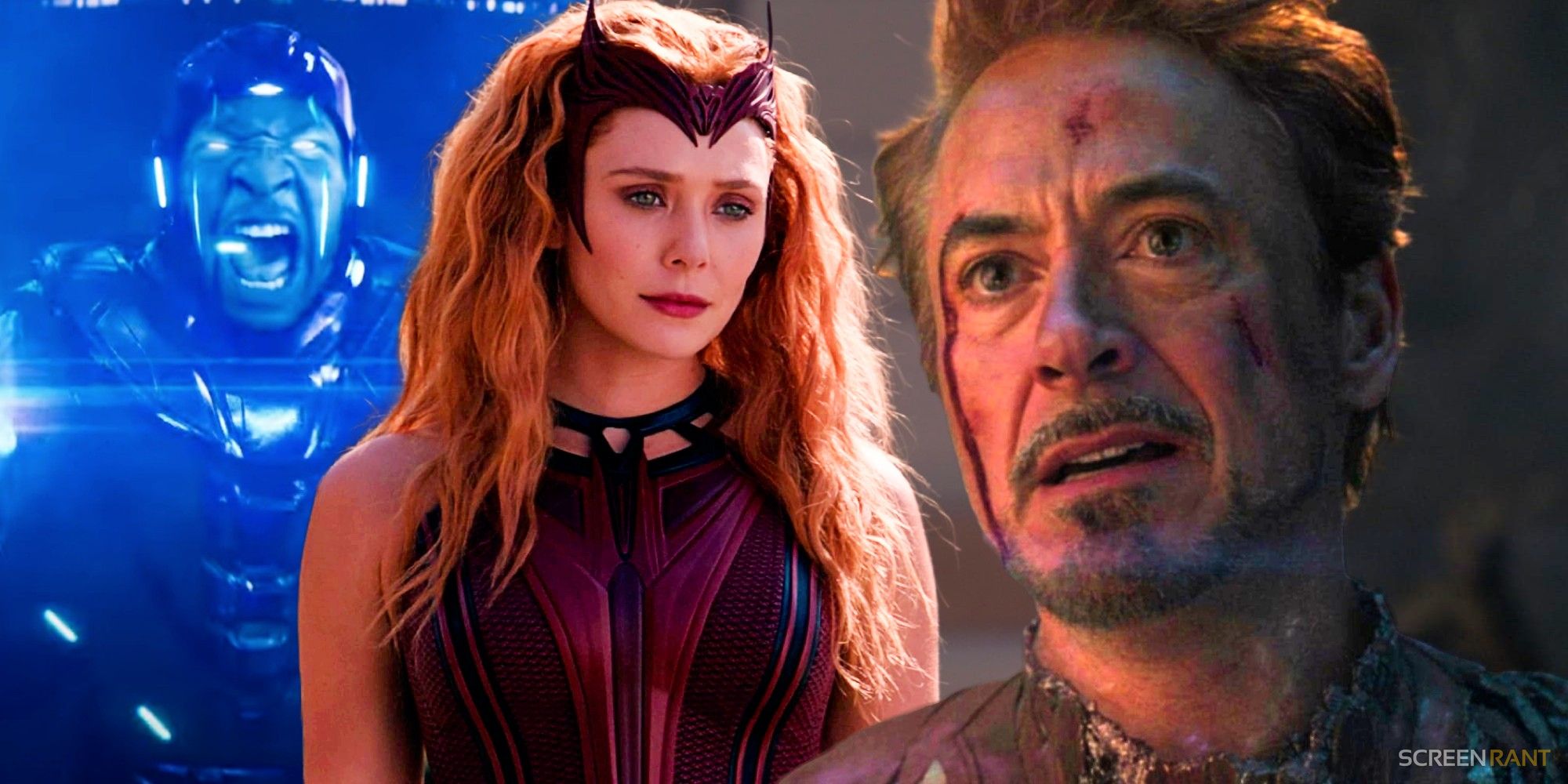
Four years since its release, Marvel Studios has made big changes to the Marvel Cinematic Universe after Avengers: Endgame. The culminating film of the Infinity Saga brought the original Avengers team together one last time for a time-traveling mission to defeat Thanos and undo the losses caused by his snap. Avengers: Endgame is a turning point for the MCU in many ways, as it said goodbyes to major characters, set up additional storylines for Phase 4, and more. It is quite literally the biggest movie Marvel Studios has ever made, which is evident by its massive cast and the record-setting box office haul.
Marvel Studios has spent the years after Avengers: Endgame attempting to move the MCU forward and make strides in various areas. The movie’s events mark the end of a specific part of the overall narrative involving Thanos and the Infinity Saga, and that has allowed the franchise to grow and evolve. Marvel Studios has not slowed down its output during the years that followed, either, meaning the MCU is in a very different place rather quickly after Phase 3. There are the biggest MCU changes to come after Avengers: Endgame.
10Iron Man Died In Avengers: Endgame & Isn’t Coming Back
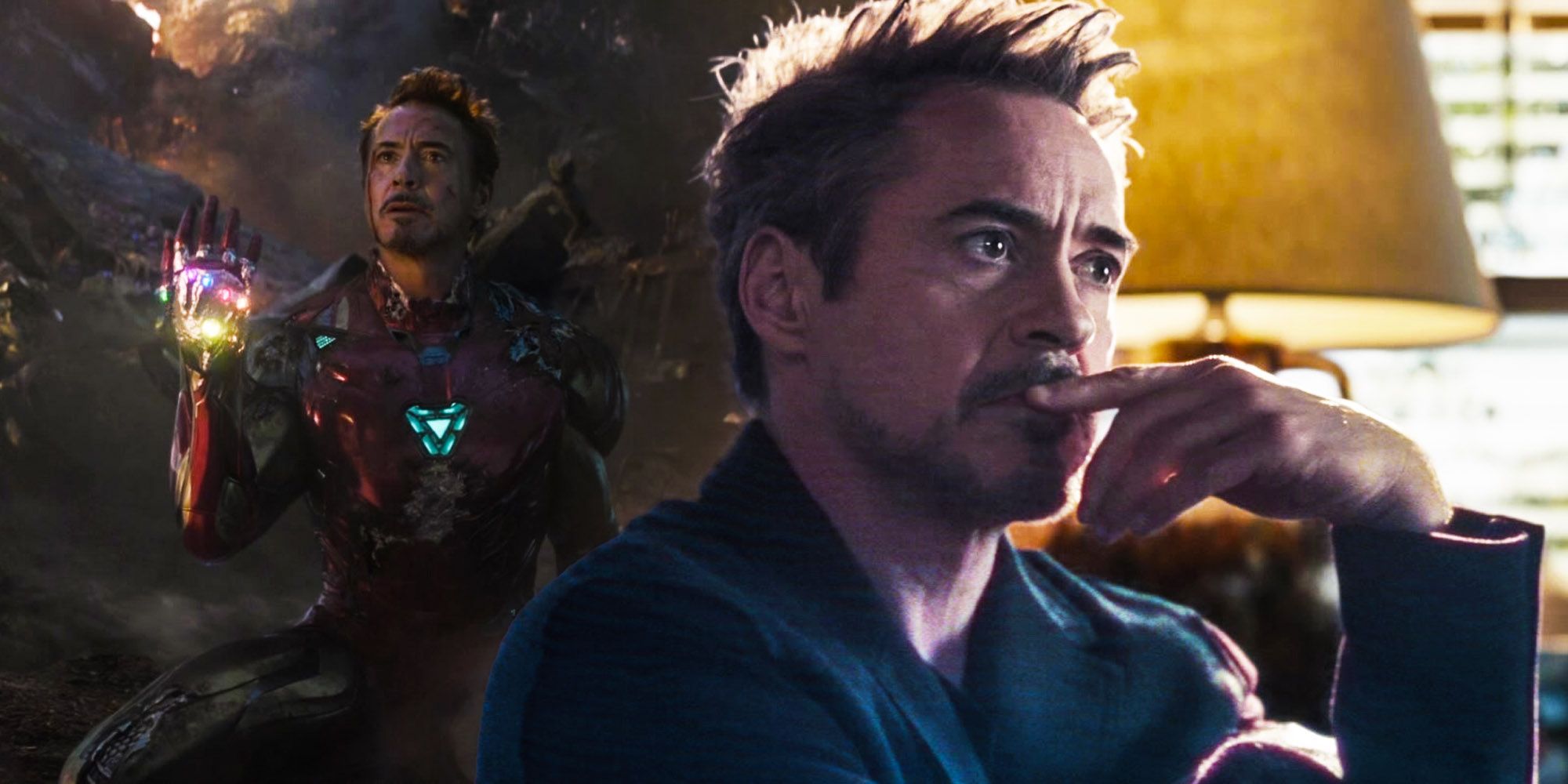
Iron Man’s death in Avengers: Endgame occurred during the movie, but Marvel Studios has been steadfast in the approach that this decision is not being retconned. Those involved with the creative side of the MCU have stated that resurrecting Tony Stark is a non-starter for Marvel Studios. The franchise is still in the process of trying to move out from under Iron Man’s shadow, which has been difficult given the love for Robert Downey Jr.’s character. Instead of rushing to reverse Tony Stark’s death and cheapen his Avengers: Endgame sendoff, the MCU is standing firm with the idea that Iron Man is gone for good.
9The Avengers Were Destined To Defeat Thanos With Time Travel
One of the biggest MCU changes after Avengers: Endgame came with the reveal that the Avengers defeating Thanos with time travel was meant to happen. This revelation came during Loki season 1, where Loki argued that the Time Variance Authority should be arresting the time-traveling Avengers instead of him. Judge Renslayer confirmed at this moment that Avengers: Endgame had to resolve this way due to the TVA and the Sacred Timeline He Who Remains created. Based on Loki season 1’s explanation, the Avengers defeating Thanos becomes less of a special achievement and instead reinforces Doctor Strange’s view that this was the only possible future.
RELATED:MCU Theory Reveals Why Kang Let The Avengers Defeat Thanos In Endgame
8Black Widow’s Family Changed The Meaning Of Her Endgame Death
The MCU also changed the meaning of Black Widow’s death in Avengers: Endgame by introducing her family. Black Widow was released as the first Phase 4 movie and after Natasha Romanoff died, but the film was set during Phase 3’s events. This allowed it to introduce Yelena Belova, Red Guardian, and Melina as Black Widow’s spy family. The revelation and additional MCU projects confirmed that Black Widow’s motivation to sacrifice herself in Avengers: Endgame partially came from her desire to bring back Yelena and save her family members.
7The Original Avengers Are Being Phased Out
Avengers: Endgame was the end of an era revolving around the MCU’s original Avengers, but the franchise has not wasted much time phasing each member out and replacing them. With Iron Man and Black Widow’s deaths, Ironheart and Yelena Belova have already emerged to carry on parts of their legacy. Sam Wilson has also become Captain America now after Steve Rogers’ grew old with Peggy Carter and retired. The MCU has even introduced a new Hawkeye with Kate Bishop replacing Clint Barton, a new Hulk with She-Hulk’s debut, and momentarily teased Jane Foster’s Mighty Thor replacing Thor Odinson. The original Avengers’ stories are nearly over.
6Disney+ Opened Up The MCU’s Storytelling
The launch of Disney+ and the ability for Marvel Studios to make shows is one of the MCU’s biggest changes after Avengers: Endgame. It not only allowed Marvel a chance to put a bigger spotlight on characters like Scarlet Witch and Sam Wilson who were previously viewed as secondary characters, but the Disney+ MCU shows also helped open up the types of stories that Marvel Studios could tell. Viewers have already experienced a sitcom-style exploration of grief in WandaVision, a multiverse thriller in Loki, a Christmas-set team-up in Hawkeye, a legal comedy in She-Hulk: Attorney At Law, and a psychological exploration of dissociative identity disorder in Moon Knight.
5Marvel Introduced Kang the Conqueror As The MCU’s Next Thanos
Thanos was used as the franchise’s biggest villain and the looming threat coming for the Avengers from 2012 to 2019. His defeat in Avengers: Endgame left a void that Marvel Studios had to fill eventually, and Phase 5 officially confirmed that Kang is the new Thanos. Jonathan Majors’ multiverse conquering villain debuted as He Who Remains in Loki season 1, but it was Ant-Man and the Wasp: Quantumania that really put his threat level into perspective. The debut of the Council of Kangs directly sets up the variants as the main villains of Avengers: The Kang Dynasty and Avengers: Secret Wars.
4The Multiverse Has Become The Center Of The MCU
Marvel Studios teased the multiverse’s existence during the Infinity Saga, but it has only been since after Avengers: Endgame that it has become the center of the MCU. Projects like Loki, Spider-Man: No Way Home, Doctor Strange in the Multiverse of Madness, and Ant-Man and the Wasp: Quantumania had major multiverse connections. The multiverse has become an essential part of the current story just like how the Infinity Stones were central to the Infinity Saga. Understandably, that is why Marvel Studios named Phases 4-6 the Multiverse Saga. The frequency of movies and shows involving other universes and variants is sure to rise.
RELATED:MCU Multiverse Guide: Every Term, Concept, & Location Explained
3Five Previous Marvel Franchises Have Been Added To The MCU
How Marvel Studios has used the multiverse after Avengers: Endgame has allowed the MCU to make five non-Marvel Studios franchises part of the MCU multiverse’s movies. Spider-Man: No Way Home‘s many multiverse characters meant confirming that Tobey Maguire’s Spider-Man trilogy, Andrew Garfield’s two The Amazing Spider-Man movies, and Sony’s villain universe with Venom and Morbius exist in the MCU multiverse. Doctor Strange in the Multiverse of Madness also confirmed that all Fox X-Men movies are also somewhat connected through the multiverse thanks to Patrick Stewart’s return as Professor X. Meanwhile, the announcement of Deadpool 3 with Hugh Jackman’s Wolverine makes the entire Ryan Reynolds franchise part of the MCU multiverse.
2New Heroes Have Risen In The Avengers’ Absence After Endgame
The Avengers have yet to fully reform after Avengers: Endgame, but their absence to this point has been filled with newer heroes rising to fill the void. The MCU introduced Shang-Chi and teased his Avengers future in his debut. Other potential Avengers members who have debuted or developed powers during these last few years include Moon Knight, She-Hulk, Hercules, Monica Rambeau, and Shuri’s Black Panther. The MCU has also focused on introducing a younger generation of heroes like Kate Bishop, Ms. Marvel, and America Chavez. All these characters getting hero experience could help them join the next Avengers team.
1Namor & Ms. Marvel Brought Mutants To The MCU After Avengers: Endgame
The introduction of mutants is another big change to the MCU after Avengers: Endgame. While Marvel Studios has yet to debut a proper X-Men team so far, characters like Namor and Ms. Marvel have had mutant ties teased or confirmed. Black Panther: Wakanda Forever specifically calls Namor a mutant, while Ms. Marvel mentioned that Kamala Khan has a mutation in her DNA – and the X-Men: The Animated Series music played over this moment to make the X-Men connection clear. There are even more mutants confirmed to exist in the MCU through the multiverse. Seeing these characters start to pop up after missing out on Avengers: Endgame is significant.



